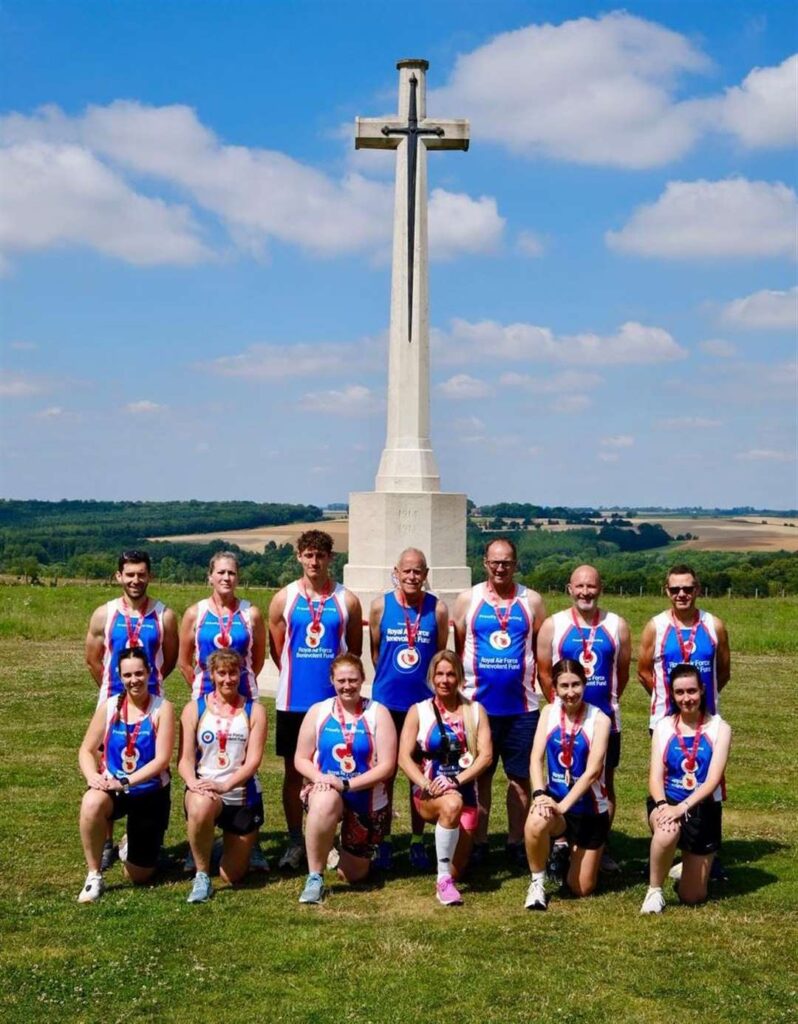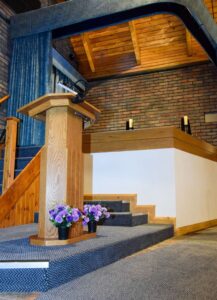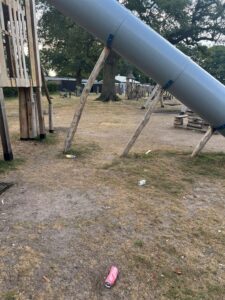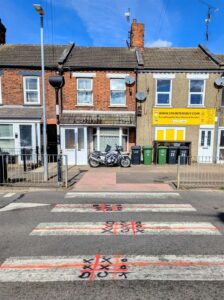A group of Lynn parkrunners travelled to France to take part in what has become an annual pilgrimage to the Somme.
The group took part in the challenging Somme Poppy Run on Saturday, July 12 – raising money for the RAF Benevolent Fund.
Organised by parkrun event director Gary Walker, the run follows a route through what was, in July 1916, ‘no man’s land’ – separating the British army from the Germans, who occupied the area for two years dug into bunkers 30-feet deep in places.
The troops, many of which were ‘Pals Battalions’ – made up of individuals who had been recruited from communities across the country – expected an easy advance. But the Germans had other ideas. They were secure in their dugouts and the day ended with more than 60,000 casualties on the British side, of which over 19,000 were fatalities, the highest death toll ever experienced by the British army on a single day.
The running group, who meet each Saturday for parkruns in The Walks and on Sunday mornings as part of the Globe Trotters running group, took little persuading to take part in the poppy run.
Far from being the flat French countryside that many expected, it was quite undulating and challenging with steep slopes to negotiate in the blazing heat.
Mr Walker said the thought of running up the hills was tempered by the memory of the British soldiers who were under fire and would have been loaded with more than 60lbs of equipment when they ran up the hills in the heat.
The run finished at the magnificent Thiepval Memorial to the Missing, which contains the names of more than 72,000 British and Commonwealth soldiers from the battle who have no known grave. The group laid a wreath commemorating those who died, some of which were from the town.
The visit was even more poignant this year with runner Bethan Williams visiting the grave of her great, great-uncle, Sergeant Joseph Champs, who was killed on July 18, 1916 and is buried in Danzig Alley Commonwealth War Graves Commission cemetery.
Mr Walker said: “It was fitting that we should commemorate those who fought and died during the battle in particular those from West Norfolk who answered the call to arms never to return.”






